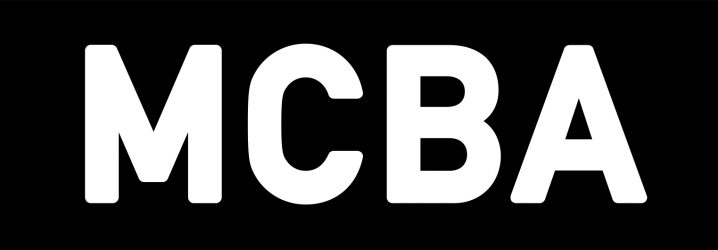with Cori Adams
con Cori Adams
Saturday, August 17; 1–4pm CT
el sábado 17 de agosto; 1–4pm CT
Join Cori Adams, Spanish immersion teacher and book artist, in a bilingual bookmaking bonanza! In this in-person workshop, unleash your imagination while creating unique books to cherish and share. Start by designing your own mini journal, where you can express your thoughts, feelings, and creativity through words, images, and mixed-media techniques. Then, create an origami star book, personalize a journal using recycled materials like calendars and magazines, or make a mini-book necklace. Through these engaging activities, students will develop their artistic skills by immersing themselves in a world of imagination, exploration, and endless possibilities! From cover to cover, this bookmaking workshop will have kids hanging on to every word (and page)!
¡Únase con Cori Adams, maestra de inmersión del español y artista, en una locura de libros! En esta sesión l@s niñ@s abrirán su imaginación mientras crean libros únicos y queridos. Empezarán por diseñar su propio mini diario, donde pueden expresar sus pensamientos, sentimientos y creatividad por palabras, imágenes y técnicas mixtas. De ahí, quizá escogen construir un libro de origami de estrellas, personalizar un diario con materiales reciclados tal como calendarios o revistas, o crear un librito para llevar como collar. A través de estas actividades fascinantes, l@s niñ@s podrán desarrollar sus habilidades artísticas al sumergirse en un mundo lleno de imaginación, exploración e infinitas posibilidades. ¡De principio a fin, este taller hará que l@s niñ@s se enganchen a cada palabra…y a cada página! Continue reading “Bilingual Bookmaking Bonanza: Ages 8–12/Locura de libritos bilingüe (edades 8–12)”















